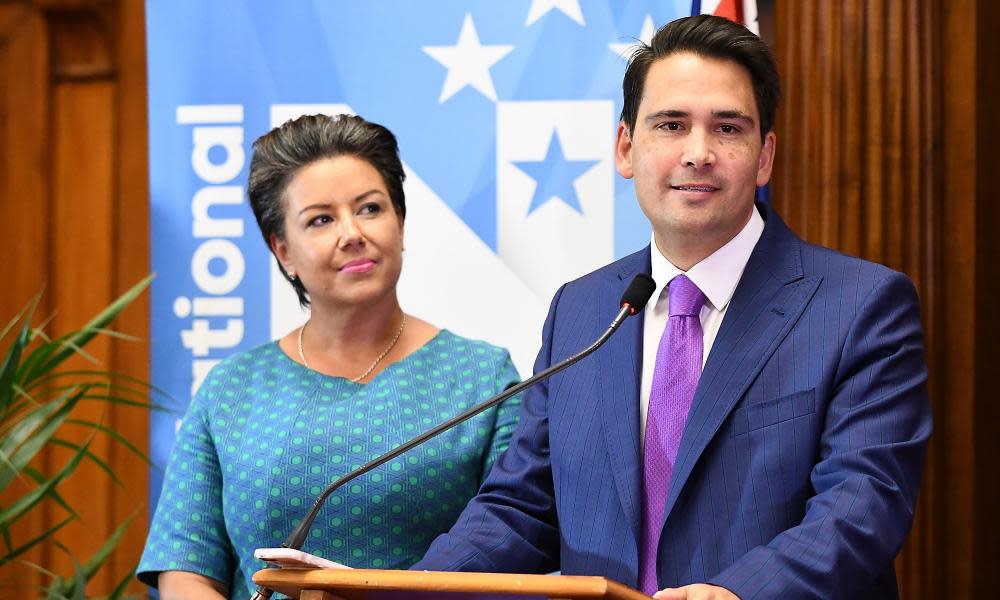New Zealand voters must prepare for an ugly culture war this election

If New Zealand had a giant monument at the entrance to Auckland or Wellington harbour it would be a “Statue of Equality” not liberty, or so said visiting American political scientist Leslie Lipson who wrote a book about our politics in the 1940s.
New Zealanders have long held dear the notion of fairness, and Lipson’s reflection remains true today. Our love of fairness extends even to one of our longest-running and most popular TV shows, Fair Go, which goes into bat for ripped-off consumers.
In the US all politicians have to at least pay lip service to defending liberty and freedom, but here politicians of all stripes have to show concern for equality. They must take care to present their policies and beliefs in a way that suggests they will promote fairness. This will be the case again in 2020.
Some say the New Zealand insistence on fairness goes back to our colonial history. Many escapees of industrial Britain embraced a life in a less class-ridden country. Of course the idea that New Zealand is an equal and “classless society” was always a myth, but this egalitarian ethos endures.
Related: What is #TurnArdern and why is everyone in New Zealand talking about it?
It creates a particular problem for politicians of the right. As a former prime minister, John Key, told US diplomats in a private briefing, New Zealand’s “socialist streak” means it can be difficult to push rightwing policies. Key later elaborated: “New Zealand is a very caring country. I think New Zealanders do have a heart.”
This egalitarian ethos has been particularly resurgent in recent years. The financial crisis a decade ago – the biggest since the depression of the 1930s – transformed politics and values around the world, fuelling anger and rebellion about inequality.
In 2017 this helped the election of Jacinda Ardern’s government, made up of parties that channelled concerns about the lack of fairness under the then National-led government. The new government promised to be “transformative”, rolling out a fairness agenda in programs from KiwiBuild to child poverty reduction targets.
This all presents the National party with a dilemma. There are few votes in criticising the government’s fairness agenda – in fact the opposition is reduced to complaining that the government has not delivered on its left-leaning program. The two parties are effectively strategically deadlocked, and National lacks any convincing rightwing policies that would address major election issues of housing affordability, infrastructure deficits, and poverty. Even on climate change it has signed up to much of the government’s agenda.
As the election nears, National will try to paint itself as better economic managers and Grant Robertson as an irresponsible and incompetent finance minister, but this is unlikely to cut it with many voters.
Nor is the government likely to push any significant new leftwing economic reforms, or even tax hikes, giving National little to scare swing voters with. And there’s no way that National can hope to best Ardern in terms of a campaign based on leadership and personality.
Related: Jacinda Ardern on culture wars, her plan for 2020 and how to cook snapper
So where can it differentiate? National increasingly relies on stoking “culture wars” and law and order. It is these fertile new hunting grounds that give Simon Bridges his best chance of painting Ardern and her colleagues as out of touch with mainstream New Zealand.
Culture wars are concerned with debates relating to ethnicity, gender, sexuality, human rights, discrimination, free speech and civil liberties. Elements of the political left – especially in the Labour and Green parties – are increasingly associated with campaigns in these areas, and often their stances are not shared by many mainstream voters.
So far Ardern has navigated her government clear of such debates, knowing such an association could be fatal. For example she still refuses to visit Ihumātao, the site of an important struggle over Māori land rights because of her fear of the association with radicals.
Ardern knows very well to keep her government as clear as possible of contentious social issues. Instead, if Labour and its coalition partners can keep public debate around traditional egalitarian concerns about inequality, housing, health and education, the New Zealand notion of fairness will probably also ensure her government will get another chance.
National’s best bet might be to provoke an ugly culture war. Expect to see Bridges attempt to start debates on these issues and paint Labour and the Greens as “woke” elitists, or just soft on law and order. This might be desperate and opportunistic – National MPs genuinely don’t care that much about many of these issues. But National knows that they are the sort of emotive and divisive concerns that might change votes.
There’s a cultural backlash ready to be fostered – as Donald Trump, Scott Morrison and Boris Johnson have found to their benefit. Such debates, whether over identity politics, hate speech, minority rights or gender can be explosively divisive. That could end up being the ugly story of the 2020 general election.

 Yahoo News
Yahoo News 
